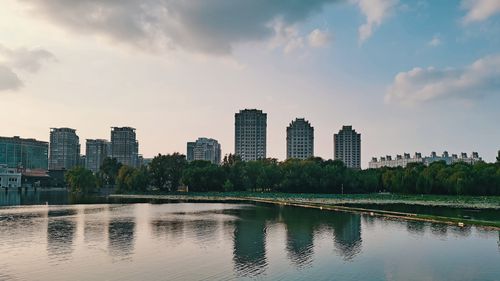Portugal is a country with a rich cultural heritage and traditions. As a visitor, it’s important to take note and respect some of the cultural norms and customs that make Portugal unique. In this article, we’ll highlight some of the key cultural norms and customs that visitors should be aware of, to have a more enjoyable and authentic experience while in Portugal.
Greetings and Socializing
Portuguese people are known for their warmth and friendliness. When meeting someone for the first time, a handshake is the standard form of greeting. It’s also common to kiss each cheek when greeting friends or acquaintances.
It’s important to note that Portuguese people take their time to get to know somebody before being totally comfortable and open around them. First impressions are important, so be polite, smile, and show genuine interest in the person you’re talking to.
Meals and Dining
Portugal is also known for its rich culinary traditions, and meals are an important social occasion. When dining with Portuguese people, be prepared for a long and leisurely meal, as they tend to take their time while eating and socializing around the table.
It’s important to note that in Portugal, starting to eat before everyone is seated and ready to start is considered rude. The person sitting at the head of the table is often the host, and they set the pace of the meal.
Language
The official language of Portugal is Portuguese. However, English is widely spoken, especially in tourist areas. If you’re traveling to more remote areas, having some basic knowledge of Portuguese can be helpful.
In Portugal, it’s considered polite to learn some basic Portuguese phrases, such as “obrigado” (thank you), “por favor” (please), and “bom dia” (good morning). This shows respect for the local culture and can help you to build a better rapport with the Portuguese people.
Personal Space and Physical Contact
Portuguese people are known for being warm and friendly, but they also value personal space. Standing too close or touching someone without permission is considered rude.
It’s important to note that the “ok” hand gesture is considered quite offensive, so it’s best to avoid using it. Additionally, if you’re invited to someone’s home, it’s customary to bring a small gift to show appreciation.
Religion
The majority of the Portuguese population is Catholic. It’s important to respect religious traditions, especially when visiting churches or other religious sites. Dress appropriately, covering your shoulders and knees, and avoid loud or disruptive behavior inside the church.
In Conclusion
Portugal is a country with a rich cultural history and traditions. By taking some time to learn about and respect cultural norms and customs, visitors can have a more enjoyable experience, build better relationships with locals, and gain a deeper appreciation of this beautiful country. Remember to be polite, patient, and open-minded, and you’ll find yourself enjoying Portugal’s unique cultural experiences to the fullest.
(Note: Do you have knowledge or insights to share? Unlock new opportunities and expand your reach by joining our authors team. Click Registration to join us and share your expertise with our readers.)
Speech tips:
Please note that any statements involving politics will not be approved.
